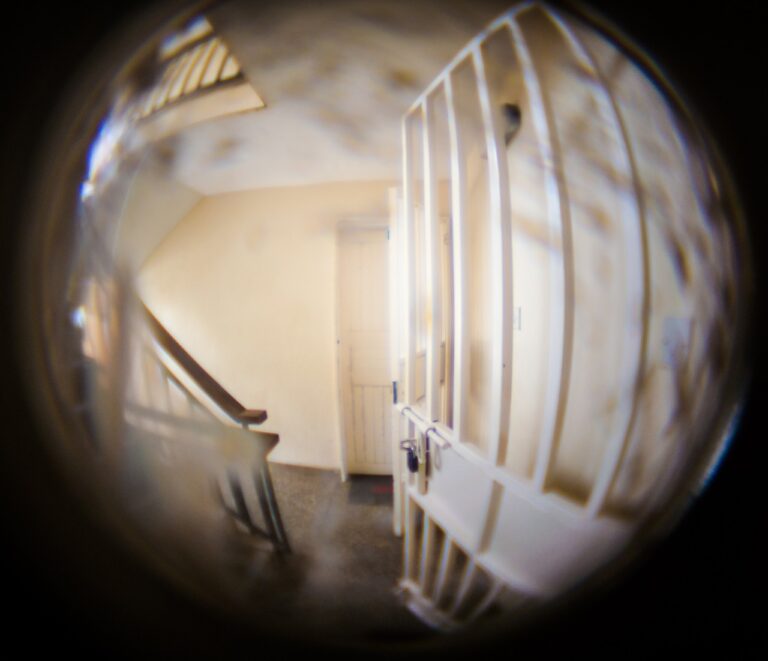The Psychology of Clutter: How It Affects Our Wellbeing
Clutter in our physical surroundings can have a significant impact on our mental well-being. Living in a space filled with disorder and chaos can lead to feelings of overwhelm and anxiety. The constant visual reminder of untidiness can contribute to a sense of unease and distraction, affecting our ability to relax and focus.
Moreover, research suggests that individuals surrounded by clutter may experience higher levels of stress and feelings of frustration. The presence of excess items in our environment can create a sense of mental congestion, making it challenging to think clearly and function optimally. This link between clutter and mental health highlights the importance of maintaining an organized and clutter-free space for overall well-being.
The Connection Between Clutter and Stress
Living in a cluttered environment can significantly contribute to increased stress levels. When our physical space is chaotic and disorganized, it often reflects an internal state of chaos and overwhelm. The presence of clutter can create a constant visual reminder of unfinished tasks and unmet responsibilities, leading to feelings of anxiety and tension.
Research has shown that individuals who live in cluttered spaces are more likely to experience elevated levels of cortisol, the primary stress hormone. This physiological response to clutter can further exacerbate feelings of stress and make it difficult to relax or focus. The constant presence of clutter can create a sense of mental clutter as well, making it challenging to think clearly and find mental peace in a chaotic environment.
How Clutter Can Impact Decision Making
Decision making can be significantly affected by the presence of clutter in our environment. When surrounded by disorganization and mess, our brains can become overwhelmed and distracted, making it challenging to focus and make clear, rational choices. Studies have shown that physical clutter can lead to mental clutter, impairing our ability to weigh options and come to sound conclusions.
Furthermore, clutter can contribute to decision fatigue, as the brain expends energy trying to process the excess stimuli in the environment. This mental exhaustion can result in hasty or impulsive decisions, as our cognitive resources are depleted from constantly processing the clutter around us. In order to make better decisions, it is important to create a clean and organized space that fosters clarity and focus.
• Studies have shown that physical clutter can lead to mental clutter
• Clutter can impair our ability to weigh options and come to sound conclusions
• Decision fatigue can be a result of clutter in the environment
• Mental exhaustion from processing excess stimuli can lead to hasty decisions
• Creating a clean and organized space is important for making better decisions
How does clutter impact mental health?
Clutter can have a negative impact on mental health by causing feelings of overwhelm, anxiety, and lack of control. It can also contribute to a sense of unease or unrest in one’s living or working environment.
What is the connection between clutter and stress?
Clutter can lead to increased levels of stress as it creates a chaotic and disorganized environment. Constantly being surrounded by clutter can make it difficult to relax and focus, leading to heightened stress levels.
How can clutter impact decision making?
Clutter can impact decision making by overwhelming the brain with visual stimuli and distractions. When surrounded by clutter, it can be harder to focus, think clearly, and make sound decisions. This can lead to procrastination and avoidance of important tasks.
Can decluttering help improve decision making?
Yes, decluttering can help improve decision making by creating a more organized and clear environment. Removing clutter can help reduce distractions, improve focus, and make it easier to make thoughtful and rational decisions.







